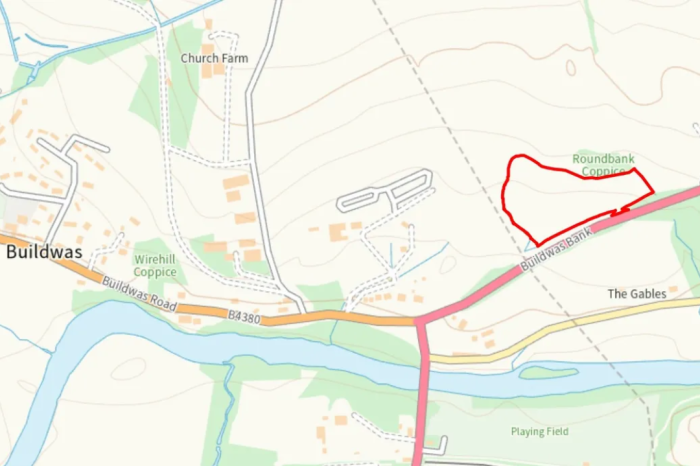Coventry University joins forces as a key partner in groundbreaking autonomous vehicle testing initiative

Coventry University is a collaborative partner in the CERTUS project, which aims to expedite the development of safe and reliable self-driving vehicles.
Testing automated features in cars for all potential scenarios is a costly endeavor, requiring billions of miles of testing to ensure safety. The CERTUS project is set to accelerate this process by utilizing digital simulation, making it possible to bring such technologies to the mass market more quickly and cost-effectively.
With a budget of £2.7 million, the project intends to reduce the time required to validate and verify automated driving systems by 40 percent. It will develop software tools to aid in the verification and validation of self-driving technology, determining the necessary tests before market introduction.
Coventry University will contribute to the development of simulation technology, assisting in the identification of scenarios for testing programs. The University will also collaborate with the government and industry to promote the project’s results and establish new educational and skills offerings.
HORIBA MIRA, the lead organization for the project, will design the tools and algorithms essential for assessing the automated driving system efficiently. This includes the creation of a mixed reality platform that combines physical testing with virtual scenario modeling.
Simulation will not entirely replace physical testing but will play a pivotal role in the overall testing process.
In a statement, Associate Professor Olivier Haas, lead for Intelligent Transportation Systems and 5G and the lead for Project Certus at Coventry University, said: “This project is all about reducing the development costs of self-driving technology for manufacturers, it will make the industry more democratic.
“The aim is to develop a new commercial product to help manufacturers test their designs in a cost-effective manner, while building confidence in this technology.”
According to a 2021 McKinsey & Company report, their analysis revealed that one-third of the expenses involved in introducing a Level 4 autonomous vehicle to the market, amounting to as much as $400 million, are allocated to the verification of automated systems. In more intricate scenarios, like the development of a Level 4 robotaxi, the testing costs could escalate to $1.6 billion, constituting half of the total vehicle development expenditures.
The project was initiated in the third quarter of 2023 and is scheduled for completion in March 2025. Key partners in this endeavor include IPG, Polestar, and the Connected Places Catapult.



